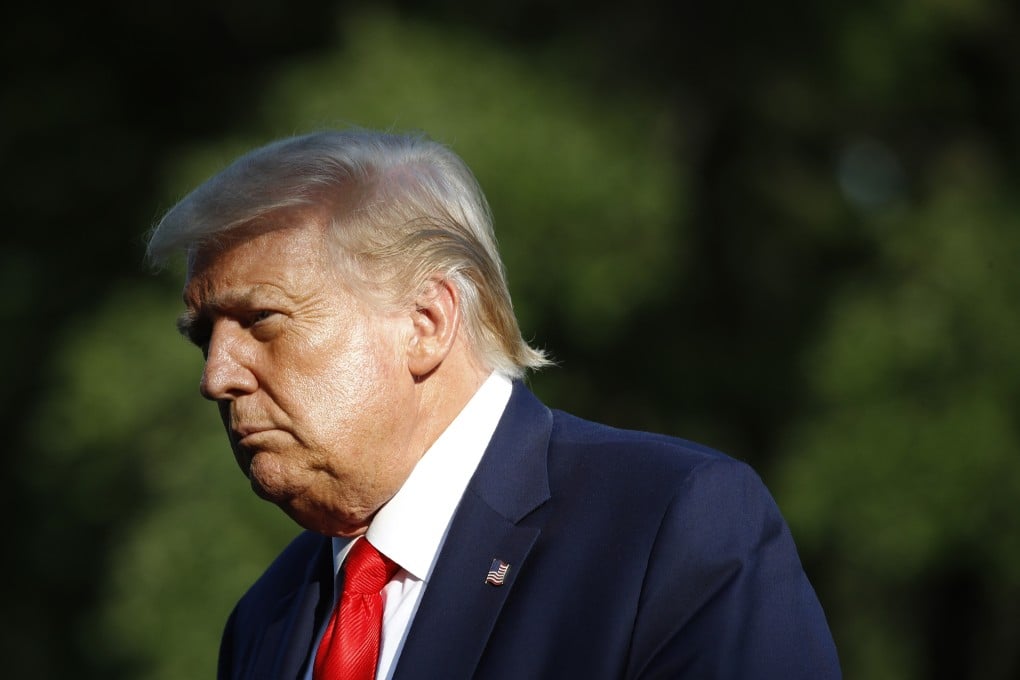Donald Trump is picking the wrong fights in his re-election campaign
- As the economic devastation caused by the pandemic deepens, Americans are more concerned for their survival than the stock market gains Trump touts
- Trump’s tactic of demonising China is also misguided: while most Americans see China as autocratic, they are in no mood for the economic costs of a US-China decoupling

When Fox News’ Neil Cavuto cut away from a campaign-style speech by Donald Trump from the White House last week to fact-check the United States president’s claims that financial regulations established by the previous administration were a “disaster”, the interruption didn’t spark the kind of attention that such commentary by a Trump-friendly network would have months ago.
“It was not a disaster under Barack Obama,” Cavuto said, explaining that the regulations halted practices by American banks that had led to the financial meltdown of 2008.
Amid the ongoing national trauma, the politics of Trump and many of his supporters – who have made divisiveness their tactic, strategy and ultimate objective – is alienating more Americans outside the hardcore base.
